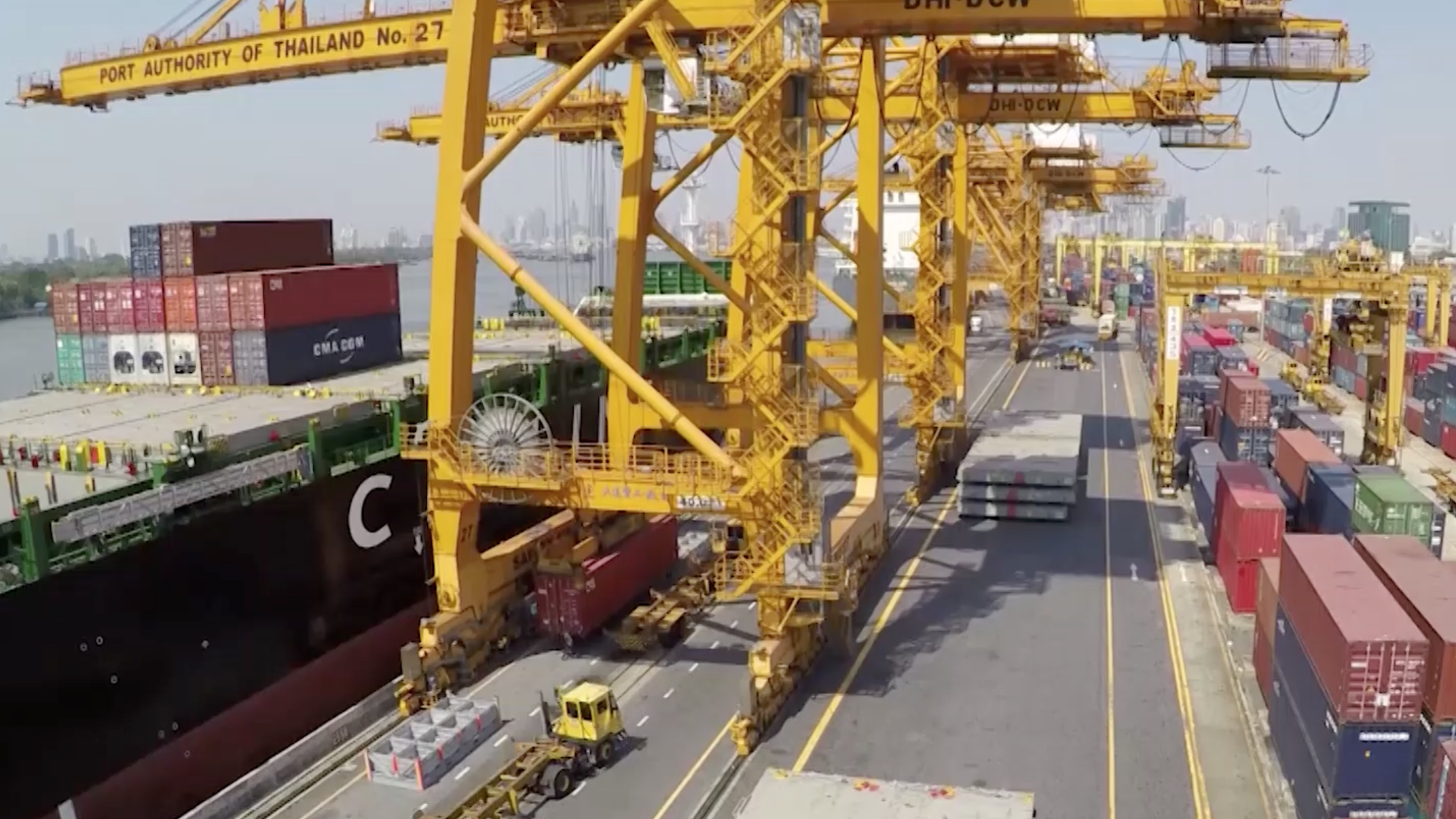

- The trade war between China and the U.S. is pushing many global companies to rethink their supply chains.
- The shift is creating stiff competition to secure new facilities in Southeast Asia.
- Foreign direct investment in Thailand amounted to 3.3 billion U.S. dollars in the first four months of this year, up from 1.2 billion U.S. dollars notched up in the same period last year as manufacturers seek non-tariff bases.
While the rest of Thailand is enjoying a long weekend holiday, for several managers at Stars Microelectronics, it is just like a regular working day. The luxury of days off, for the moment, takes a backseat as their factory is running at full capacity.

Stars Microelectronics and other electrical parts companies in Thailand are witnessing a frenzy of activity in recent months. /VCG Photo
Stars Microelectronics is a leading Thai electronics manufacturing services provider, producing the parts which are then built into computers, electronics and smartphones. Lately, business has been great. It’s a snapshot of fresh business confidence as they capitalize on a rush of new orders.
"Since the trade war, we have had a lot of interest from companies wanting to do business with us," said Koratak Weeradaecha, financial director of Stars Microelectronics. "We've had many new clients from China contacting us and interested in relocating. We are negotiating with two companies that will increase our profits more than 50 percent."
The trade war between the world's two biggest economies is creating stiff competition to secure new facilities in neighboring countries and rebuild supply chains outside of China – home to a fifth of global manufacturing.
Industry experts call it the biggest shift in cross-border supply chains in almost two decades. Thailand has become a magnet for firms fleeing the trade war with its geographic location – in the middle of Southeast Asia and with easy access to the sea – and also from positive historical ties with China. The sales of serviced industrial land plots by major developers increased by 50 percent year on year in the fourth quarter of 2018.

Thailand's industrial property sector is profiting from the China-U.S. trade war, as Chinese mainland manufacturers shift production bases. /CGTN Photo
However, Thailand faces a number of challenges in fully exploiting opportunities from any long-term reshaping of supply chains. "When you open up for huge flow of investment, you need a lot of infrastructure," said Somprawin Manprasert, chief economist at Bank of Ayudhya Public Company Limited. "You need not only hard infrastructure but (also) soft infrastructure or human capital as well. What is happening now is that it gives us more pressure and we have to act fast."
Shifting production can take years to complete: firms need to secure funding, find the right suppliers, sort out new logistics – all while dealing with new legal and accounting issues in a country they may not know well. The transition away from China will be far from straightforward. The upshot is that China cannot easily be replaced.

Thailand's geographical location gives it a natural centrality in Southeast Asia. /CGTN Photo
Somprawin Manprasert believes, "Everyone loses in this battle… If you have trade protectionism, it means you are not allowed, in economic terms, to efficiently allocate resources, which means it costs deadweight loss to the world."

Copyright © 2018 CGTN. Beijing ICP prepared NO.16065310-3
Copyright © 2018 CGTN. Beijing ICP prepared NO.16065310-3